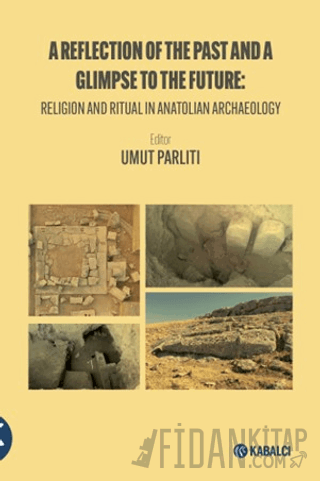
Anatolian geography is a strategic land that serves as a bridge between Asia, Europe and Africa. Due to this feature, it has been a way of passage for people since the Paleolithic Age, and has been a home since the Neolithic Age. Human beings experiencing the religion phenomenon starting from the Paleolithic Age have performed rituals with different practices. For this reason, Anatolia, where different cultures and different peoples unite, interact and new civilizations flourish, is defined as the cradle of civilizations. Due to its location, it contains traces of numerous religious facts and rituals in its past.
This book in your hand is the product of an endeavor to bring together studies focusing on religious facts and rituals that prove the contact established with Anatolian geography. Another objective of ours is to bring together the religion phenomena and ritual practices of the peoples, cultures and civilizations that lived in Anatolia from the beginning to the Roman times in terms of archeological and anthropological features, in a chronological chart.
Anatolian geography is a strategic land that serves as a bridge between Asia, Europe and Africa. Due to this feature, it has been a way of passage for people since the Paleolithic Age, and has been a home since the Neolithic Age. Human beings experiencing the religion phenomenon starting from the Paleolithic Age have performed rituals with different practices. For this reason, Anatolia, where different cultures and different peoples unite, interact and new civilizations flourish, is defined as the cradle of civilizations. Due to its location, it contains traces of numerous religious facts and rituals in its past.
This book in your hand is the product of an endeavor to bring together studies focusing on religious facts and rituals that prove the contact established with Anatolian geography. Another objective of ours is to bring together the religion phenomena and ritual practices of the peoples, cultures and civilizations that lived in Anatolia from the beginning to the Roman times in terms of archeological and anthropological features, in a chronological chart.




















